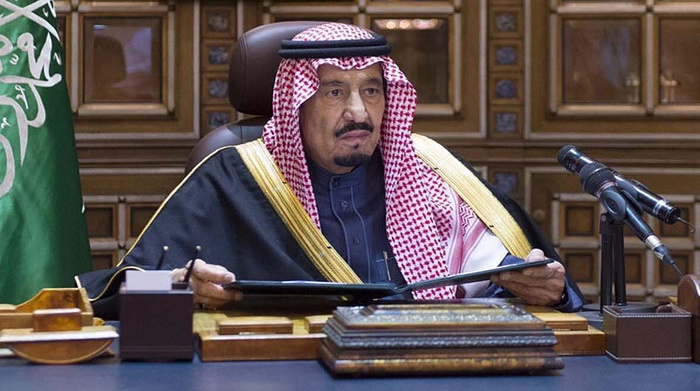Saudi Role in Failure of Strategic Understanding in the Region

There are only two or three countries in the Middle East and Persian Gulf which have the capacity to impact the issues of the region and sometimes the world through their foreign policy. But due to the existing tensions between these countries and the unconformity of the policies, they cannot play an active and effective role and usually react passively. Unfortunately, since there are not good relations between the countries in the region and suspicions exist, most of the regional movements are destructive. If attempts are made to create strategic understanding to establish zero tension, each country could pursue the policy of détente and respect the red lines and interests of the others and safeguard national interests and welfare and security in their own countries.
In such an atmosphere, during the last four years, Saudi Arabia opposed Iran’s Middle East policies in fear of the impacts of the Islamic Awakening in the Arab countries and people’s awareness regarding their human rights and challenging their governments, and made attempts to cause the downfall of Bashar Assad’s government in order to defeat Iran’s policies. After the disclosure of some measures taken by Saudi Arabia, it has now either realized that it has pursued the wrong path or, after the Paris incidents, understood that their support of Islamist radical groups is no longer tolerated. Of course, western officials have also helped Saudi Arabia reach this point.
Iran’s Foreign Ministry officials must not give more value than needed to the measures taken by Saudi Arabia during the last two weeks including short talks between the two foreign ministers on the sidelines of a conference and giving appointments to Iran’s ambassador to Saudi Arabia or appointing the Saudi ambassador to Iran. They should instead find the reasons behind such measures and consider them in relations between the two countries and the new regional equations. Conditions are not good in the region and if countries of this region do not help each other, no other country would do so. The West lends no importance to the killing of 250000 people in Syria but if a fraction of this number of the people is killed in France, they will cry out; the social and political situation of the region is not good. Countries of the region need strategic understanding which would be the result of collective acceptance of a principle for the establishment of social security. Reaching these principles would need another article, but the social security of any country of a region is not necessarily provided through military means.
Social security is a level of security which must be obtained in any country by considering these three points: 1.capacity of social areas, 2.structure of policy and government, 3.social relations. Similarly, regional security results from the following three elements: 1.capacity to interact and balance of power in the region, 2.structure of the region from historical and political aspects, 3.relations between the countries of the region. One of the main tasks of foreign policy to provide maximum welfare and security of the people is to discover the capacities of regional interactions which results from bilateral or multilateral relations between the countries. The historical and political structure of the region cannot be changed. We are bound to live with our neighbors. But through the policy of détente or moving toward zero tension, creation of problems in relations can be prevented. The objective behind détente is to provide the conditions for negotiations in order to find the reasons behind the hostility in relations between the countries and transform them into non-hostile and finally friendly relations. One of Saudi Arabia’s mistakes in its relations with Iran during the past four years is transforming differences in regional developments into contradiction and hostility. Of course, Iran could also play a better role in some areas.
The third axis is related to the level, reasons and motivations of relations between countries of the region. In this regard, foreign policy officials must consider the capacities of the countries of the region especially as neighbors and nothing more. A look at the following points shows how difficult the formation of strategic understanding is to prevent the intensification of hostilities if the Saudis continue the same policies:
1- The main problem of Saudi Arabia’s policy is not its differences with Iran, which is natural, but rather its transformation into contradiction and confrontation and proxy wars in Iraq and Syria.
2- Failure of Saudi Arabia’s policies and investments in supporting radical groups particularly Daesh have forced the Saudi government to pursue new policies.
3- Saudi Arabia cannot ignore its responsibility in the explosions which occurred in France by Daesh and, following the Paris incidents, Saudi Arabia’s foreign policy has become passive.
4- Since Saudi Arabia has played a destructive role in Syria during the past four years and has been one of the main elements in the creation of this crisis in Syria and the region, it must pay the price for its mistakes and cannot claim to play the role of a mediator in this crisis.

